The Book of Form and Emptiness by Ruth Ozeki | A Fermented Book Review
i am at once
lost in form and emptiness
a world devoid
of the structure
that i so yearn to capture
I don't often impulse buy books. Not because I do not have the money for it (although sometimes I really do not have money for these books) but because I have so many other books that I want to read first. My To Read list is getting longer by the day (with almost 90 Stephen King books I have yet to touch after 10 year just sitting on my bookshelves...)
My problem then is that I only have so much time to read, and I already own over a 1 000 books, so impulse buying is something of a death curse...
But there I stood in the bookshop, with Ruth Ozeki's The Book of Form and Emptiness in my hands, and it just shouted at me, almost like the very thing this book will be on - the book speaking to the main character. But I did not know this yet, and I also did not know at that moment that this book will both challenge and comfort me.
Before getting into the actual book review, I stood in front of my book shelves, yearning to read a "thick" book. I long for the university days when I could just sit with a 1 000 page novel; now, I cannot manage to even sit for an hour without needing to give attention to something important.
Time have become even more expensive than books.
Either way, I pushed some of my commitments to the side, picking up this monster of a book (for me at this time in my life), yearning to relive those moments in which I could live myself through these thick books and stories that suck you in.
But sadly, even though this book received really good reviews, I just could not get myself to connect with the characters or the story...
Maybe I have just "grown up" in the sense that my academic reading has taken me to places where fiction cannot take me. But as I read this book, from the start, I was critical of how the writer portrayed the characters and how the story was told. As soon as the first time that the author broke the "fourth wall", I lost my interest in the book. Even though it is "good" that authors attempt to break the fourth wall, for whatever reason, it is a win-lose situation. The author "spoke" to me, as the reader, through the "book" - the very thing we are reading - in a strange and odd way. While this was not that bad, I did not really like it.
As I read more and more, committing myself to finish the book, I felt a strange disconnect, but also a type of comfort.
But before I continue:
SPOILERS AHEAD. If you want to read this book, beware THERE WILL BE SPOILERS
The main character of the book, Benny, has a form of mental disorder in which he can hear things speak to him, including the very book we are reading. This makes for an interesting plot line, and the blurb really caught my eye; I was into the idea and I wanted to read the book, and hence the impulse buy.
But because of the main character's issues, and the fact that the book told the story from three different perspectives - the mother, the book, and then Benny - I really could not get into it.
The writing was good, and the idea was interesting, but the characters felt distant. Benny struggled with his mental disorder, and vanishing from the for a couple of 100 pages, the mother character felt too sad for most of the time, and the book, well, it broke the fourth wall too much.
And then there was the added Buddhism arc that I really just could not find worthwhile. It felt strangely forced, added as an afterthought. The mother was reading a book on tidying up, as she was a hoarder. The author - a monk - of the book inside of Ozeki's book traveled from Japan to America for a TV show. And still I am left wondering: why was this added narrative important and worth the extra 100 pages?
Then there was the end...
I am a big Stephen King fan, but even though he has written more than a 100 books (I think), he does not know how to end a story.
And Ozeki's book, this book, had a similar issue. The story is told over about 500 pages, and then in the last 20 pages, everything happens. The culmination of the story, all of the tension, taking 500 pages to set up, resolved in less than 20...
I am not sure why authors do this. Stephen King in The Stand took 600 pages of a 1 000 pages just to set up the story, he then took 200 more pages to set up the tension, and then in about 100 pages, he resolved the tension. Why the importance then of this 500 to 700 pages, just setting everything up?
In Ozeki's case, she took about 400 pages to set up the story, to build the tension, and then it all stopped...
In 20 pages she basically notes that the main character decided not to be a problem any longer and to "resolve" his issues.
I am not usually one to find a book problematice, but why then spend 500 odd pages to build a story only to resolve it through the autonomous actions of the character who for 500 pages could not make that decision. This takes away from the seriousness of the story, and it for sure took away from the authenticity of the story for me.
Personally, I could not find the "weight" of the story, because of the issues I mentioned above.
But in the end, I still enjoyed the book (except the very quick and sudden end). It had a strange comfort to it, something I really enjoyed.
Alas, books are almost always remembered for how they end (in my opinion). So, if you rush the ending like this, one might as well forget the book as soon as possible.
Books are strange creatures. We love and hate them for various personal reasons.
However, they are part of our lives, and for us readers, they are a way of life.
For now, happy reading, and keep well!
All of the musings and writings are my own. The opinions voiced in this review are also my subjective own. The photographs are also my own, taken with my Nikon D300.
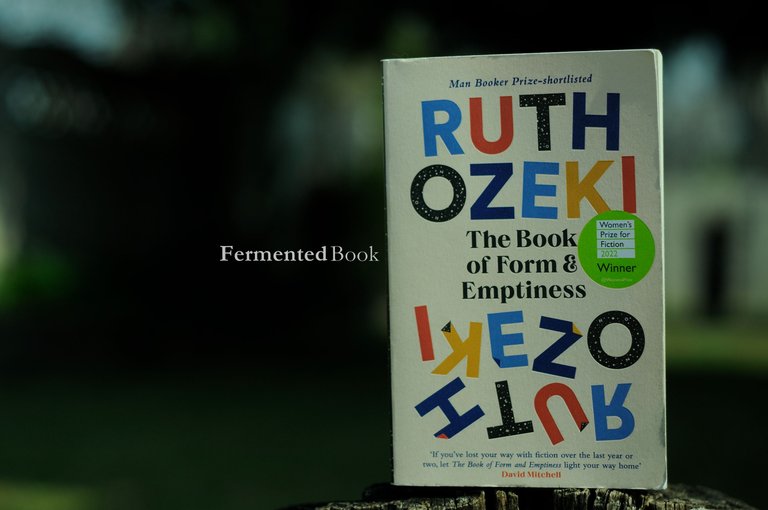
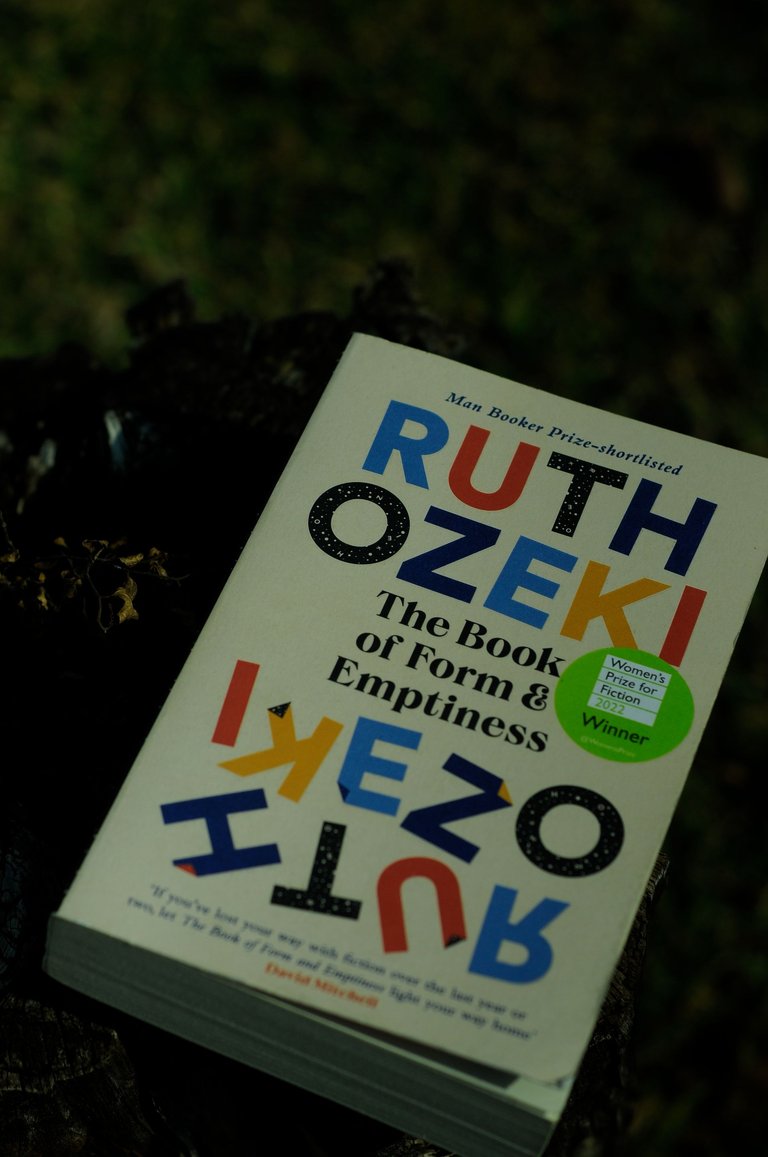
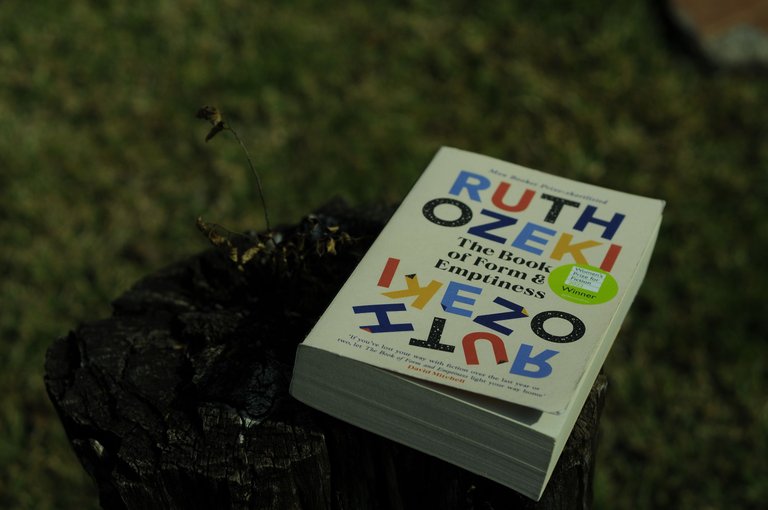
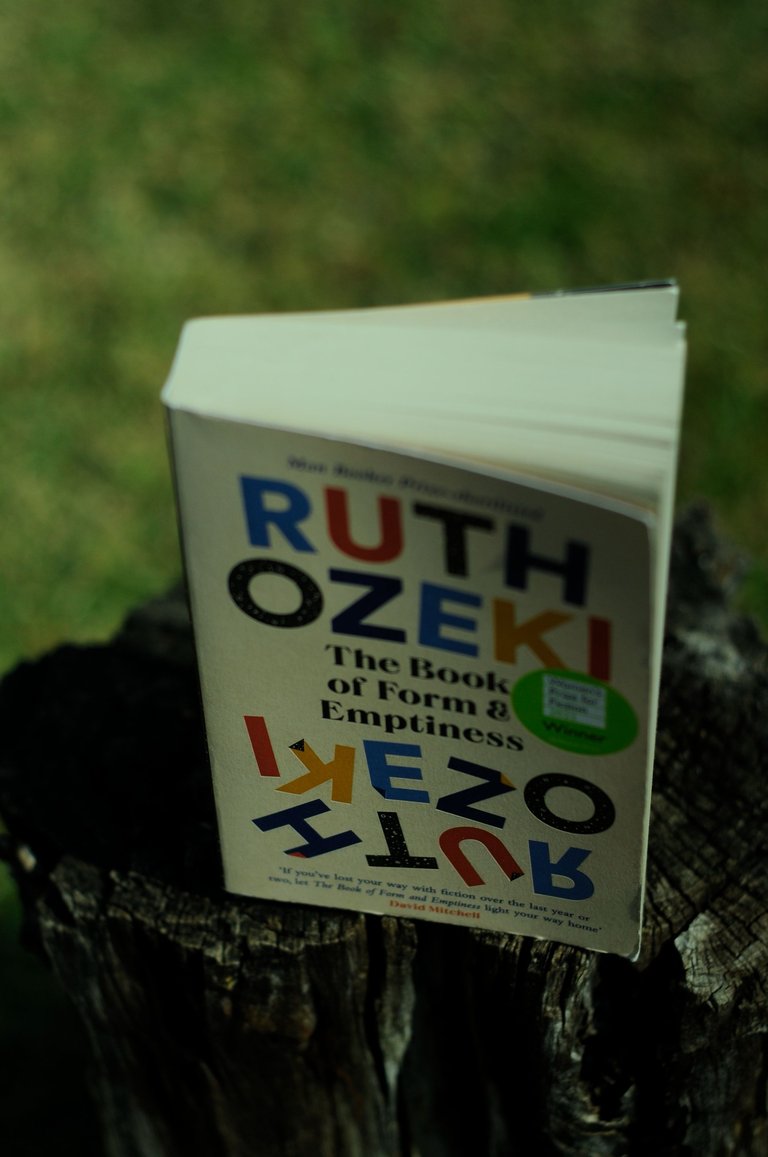
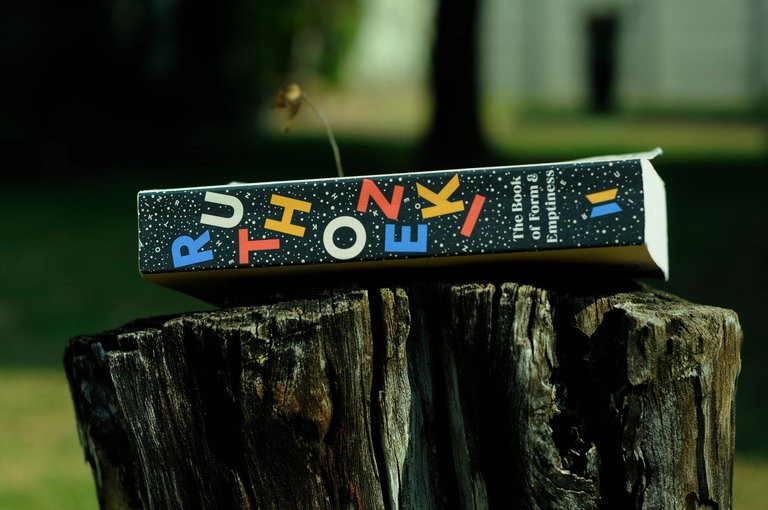
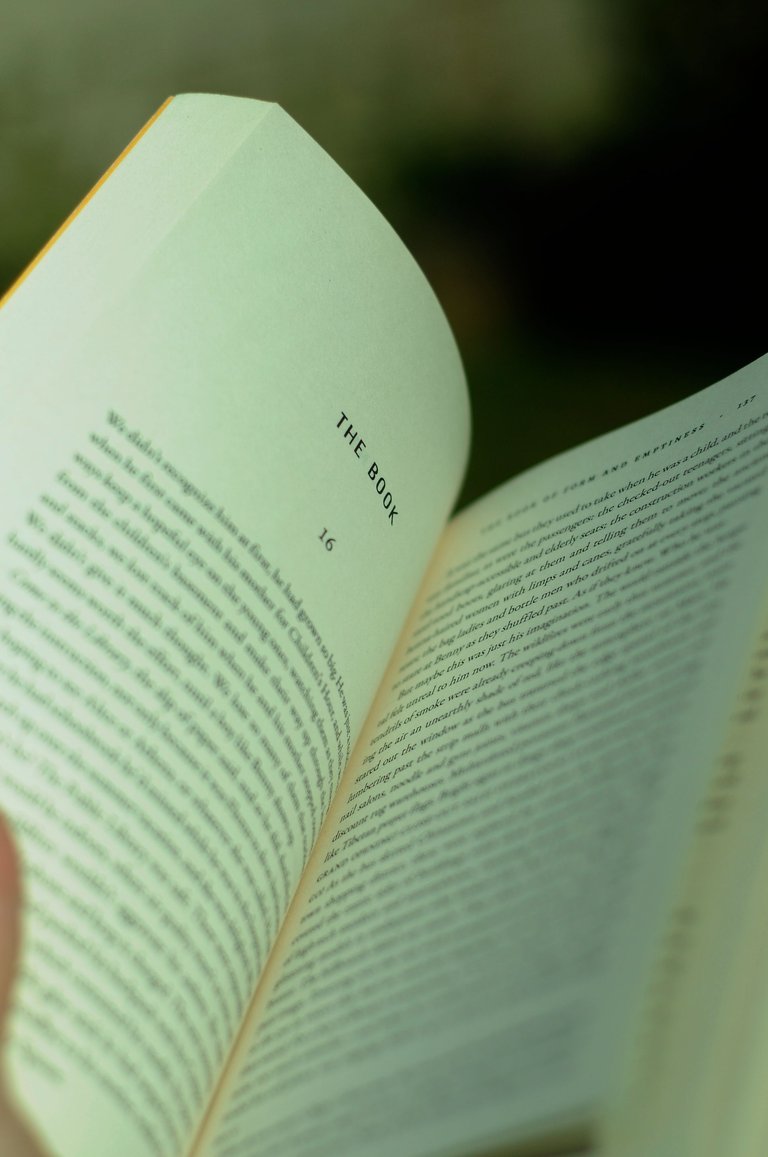
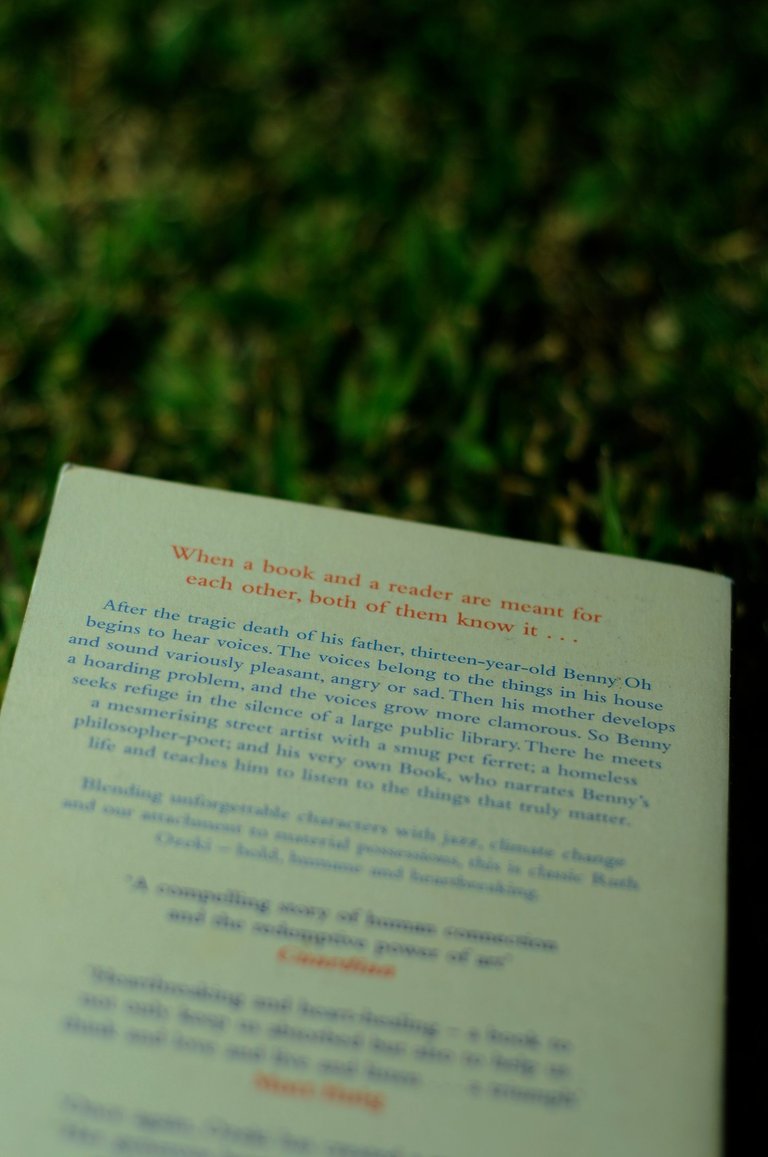
Sometimes, with the financial difficulties I am experiencing, I start to think about how challenging it can be to obtain money, not only to fund personal interests such as reading, but also to cover basic necessities. However, I then consider that it is impossible to obtain more time than you already have.
You could say that you can sacrifice certain things to have more time, but in reality, what you are doing is managing the time you already have. You don't get more, but rather you change the amount you are going to spend on each thing you need to do. At the end of the day, you will still have the same amount of time to spend.
I make this comment because I understand perfectly well that sometimes you don't have time for enjoyment, to sit down for a moment to read a book, to do something you've wanted to do for a long time. I'm always struggling with that, and one of the things that always bothers me is not having as much time to read as I did when I was in high school.
I didn't continue reading because these types of books catch my attention and I didn't want to spoil it for myself.
Thanks for the post.
Your reply is upvoted by @topcomment; a manual curation service that rewards meaningful and engaging comments.
More Info - Support us! - Reports - Discord Channel
Thank you so much! So true. Life has a funny way to make you aware that things that once was, only to be lost now, was something precious and valuable. I hope that you find the means to read again!
The way it explores grief, mental health, and our relationship with material things feels both poignant and thought-provoking. It’s a truly unique story that invites readers to see the world in a new light.
I agree! Thank you so much. I hope you get the chance to read it sometime.
Yes, I will try.